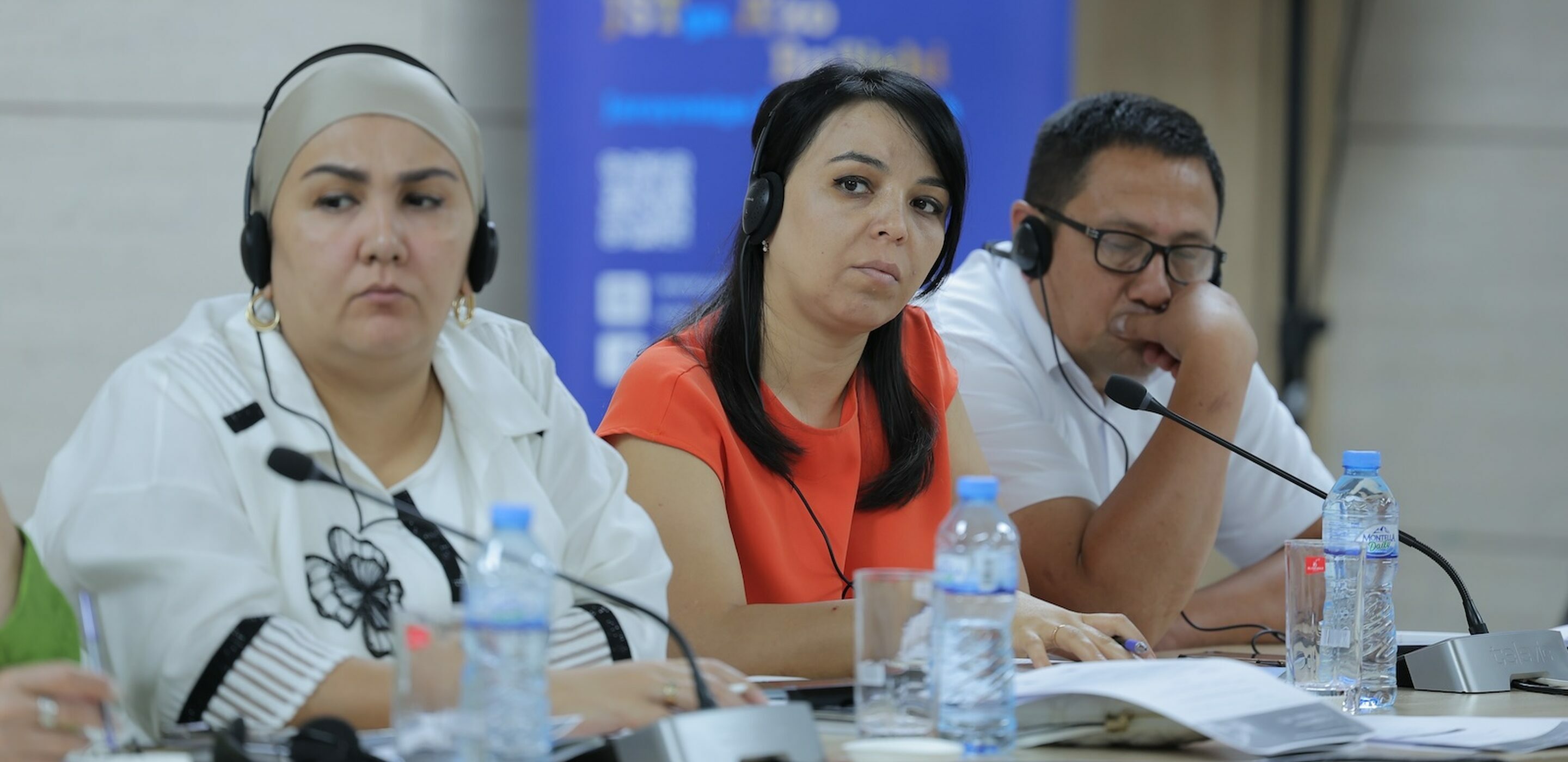Uzbekistan’s technicians navigate EU import rules on animal products
05.07.2024 2940Exporters of consumable animal and plant products have to comply with strict food safety requirements and standards to ensure public health. With its considerable agricultural activity, Uzbekistan will need to know how to navigate these requirements for its exports once it becomes a WTO member.
The World Trade Organization’s Agreement on the Application of Sanitary and Phytosanitary Measures (SPS) governs how rules and standards for consumable animal products are set, adopted and applied to protect human, animal and plant life or health. Its overall aim is to ensure trade is not unnecessarily impeded by such requirements.
The rules and standards are set by international standards setting bodies – the Codex Alimentarius, the International Plant Protection Convention, and the World Organization on Animal Health. But some regions’ requirements can be more stringent, if it is scientifically justified for human, animal and plant life or health protection. The European Union is one of these regions.
As the biggest importer of food globally, the EU could be an attractive market for potential exports from Uzbekistan. To help the country navigate EU requirements, the International Trade Centre (ITC) organized an expert workshop on 12 and 13 June.
Residue control
It homed in on the EU’s requirements for the control of residues in animal products. This means animal-based imports are monitored for residues of pharmacologically active substances, contaminants or pesticides to ensure they are at levels established by the EU to be safe for human consumption. The European Commission also maintains a list of third countries with approved residue control plans.
The ITC workshop familiarized technical experts with all aspects of the EU’s residue control plans.
The first day unpacked the requirements a country, seeking market access in the EU, has to go through to set up a residue control plan. Participants learned how to structure such a plan and about the procedural mechanisms to get approval. Templates of the plans were also provided.
The second day simulated the drafting and implementation of residue control plans. Participants came to grips with practical aspects of sampling and sample management, including transport, delivery time and storage. Testing strategies and the validation of the methods were explored, and quality assurance and accreditation requirements for residue testing laboratories were explained.
The workshop was funded by the European Union’s Facilitating the process of Uzbekistan’s accession to the WTO project, of which the ITC is the implementing partner.

